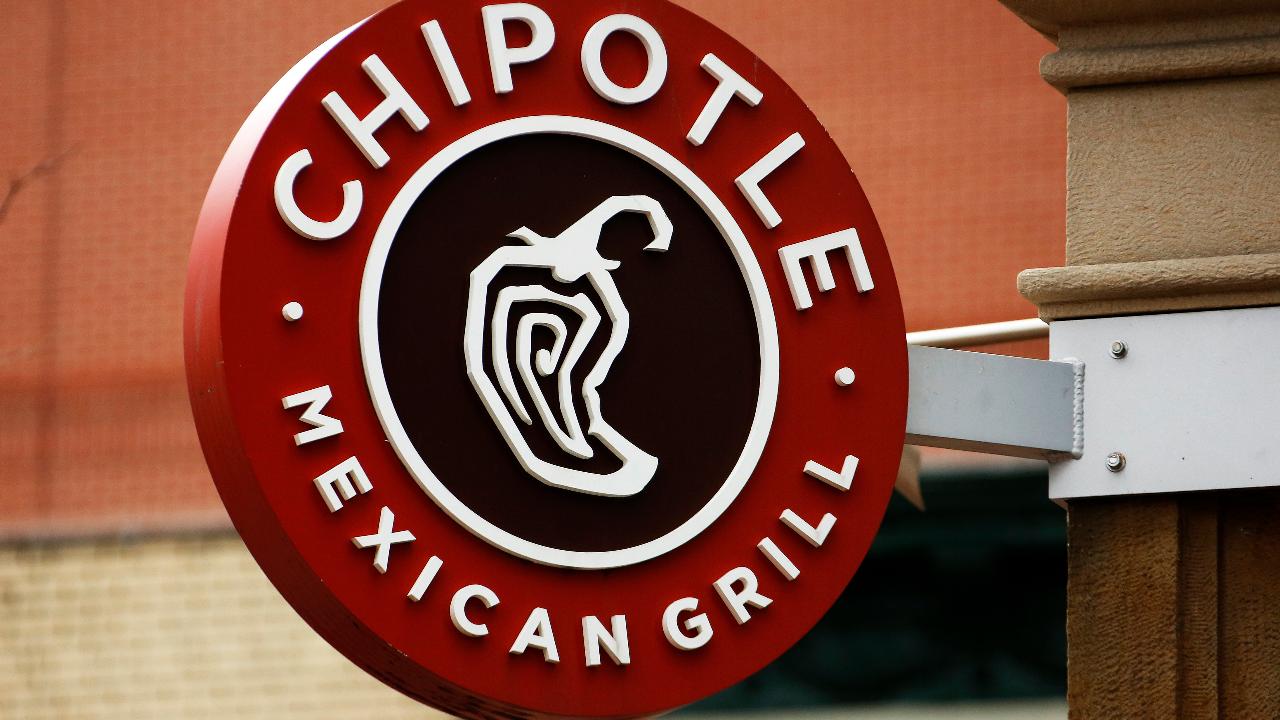Debbie Wilkerson: Struggling to retain workers? Try giving them a higher purpose
Roughly one-third of companies saw more than 15% of their workforce jump ship last year
Holding on to talented workers is harder than it used to be. Roughly one-third of companies saw more than 15 percent of their workforce jump ship last year. Turnover among workers has increased significantly in just the past two years.
Many employers have responded by boosting salaries and traditional benefit packages. That's good news for workers. But it hasn't been enough to keep them in the fold.
SHARON MILLER: SMALL BUSINESS MATTERS -- THREE BIG REASONS TO SHOP SMALL FOR THE HOLIDAYS THIS YEAR
Firms eager to retain top talent should try something different -- and that's injecting a sense of purpose into their employees' work that extends beyond the office.
Workers are increasingly demanding that their employers give back to their communities and show that they value more than profits. Companies that find innovative ways to invest in social welfare -- and empower their employees to do the same -- can build worker loyalty and stand out in today's competitive labor market.
More than three-quarters of workers want employers to make a difference in their communities, according to a recent survey by MetLife. Seventy-two percent of workers believe firms should address social challenges in the wider world.
This desire is even stronger among younger workers. Ninety-four percent of those in "Generation Z" expect their employer to engage with social and environmental issues. The same is true for 87 percent of millennials. Three-quarters of millennials say they'd accept less pay if it meant working for a responsible organization.
Some companies have answered this shift in attitude with a wholescale reorientation toward social responsibility. Just look at the Business Roundtable, an association of executive officers from some of America's top firms.
The group declared in a highly publicized statement this summer that its member companies will do more than simply maximize returns for shareholders. Instead, they'll promote the interests of all stakeholders -- investing in their communities and employees, promoting workplace diversity and inclusion, and protecting the environment.
Yet many firms have been slow to make social responsibility part of their mission. Nearly half of workers who expect companies to make a difference in the world believe their current employers are falling short.
When workers aren't satisfied with the social impact of their employer, they're more likely to look for jobs elsewhere. Eighty-five percent of workers who believe that their companies reflect their personal values describe themselves as loyal to their employer. Only 44 percent of those who think their employer does not align with their personal value would consider themselves loyal.
MARK ROCKEFELLER: THREE HOLIDAY GIFTS THAT MIGHT JUST SAVE AMERICA (YES, REALLY)
So how can firms heed these calls for greater social engagement? After all, getting an entire workforce to agree on what brand of coffee to serve in the break room can be difficult. How can employers achieve consensus on what charities and community initiatives they should support?
One way to overcome this challenge is to put workers in charge of their employers' charitable and philanthropic pursuits.
Employee-directed giving strategies can take many forms. For example, Terracon, a consulting and engineering firm headquartered in Kansas, awards over 40 grants each year to recipients chosen by a board of employees.
William Blair, a global investment banking and asset management firm, will double any employee gift greater than $50 to qualified charities of his or her choice. The company matches up to $1,500 in gifts per employee every year.
GET FOX BUSINESS ON THE GO BY CLICKING HERE
Construction firm McCownGordon matches employee charitable contributions up to $250 a year and provides time off to workers who wish to volunteer in their communities. The firm has also created a team of employees known as MGC Cares that is tasked with organizing volunteer initiatives for their fellow workers.
By empowering employees to determine how their employers should give back to their communities, these philanthropic strategies ensure that companies' charitable efforts align with the values of their workers -- no matter how diverse their workforces might be.
Giving back to local communities -- and to the wider world -- is worth doing for its own sake. But in today's tight labor market, efforts like these are also essential to building a talented, productive, and loyal workforce.
Debbie Wilkerson is President & CEO of Greater Horizons.
CLICK HERE TO READ MORE ON FOX BUSINESS




















